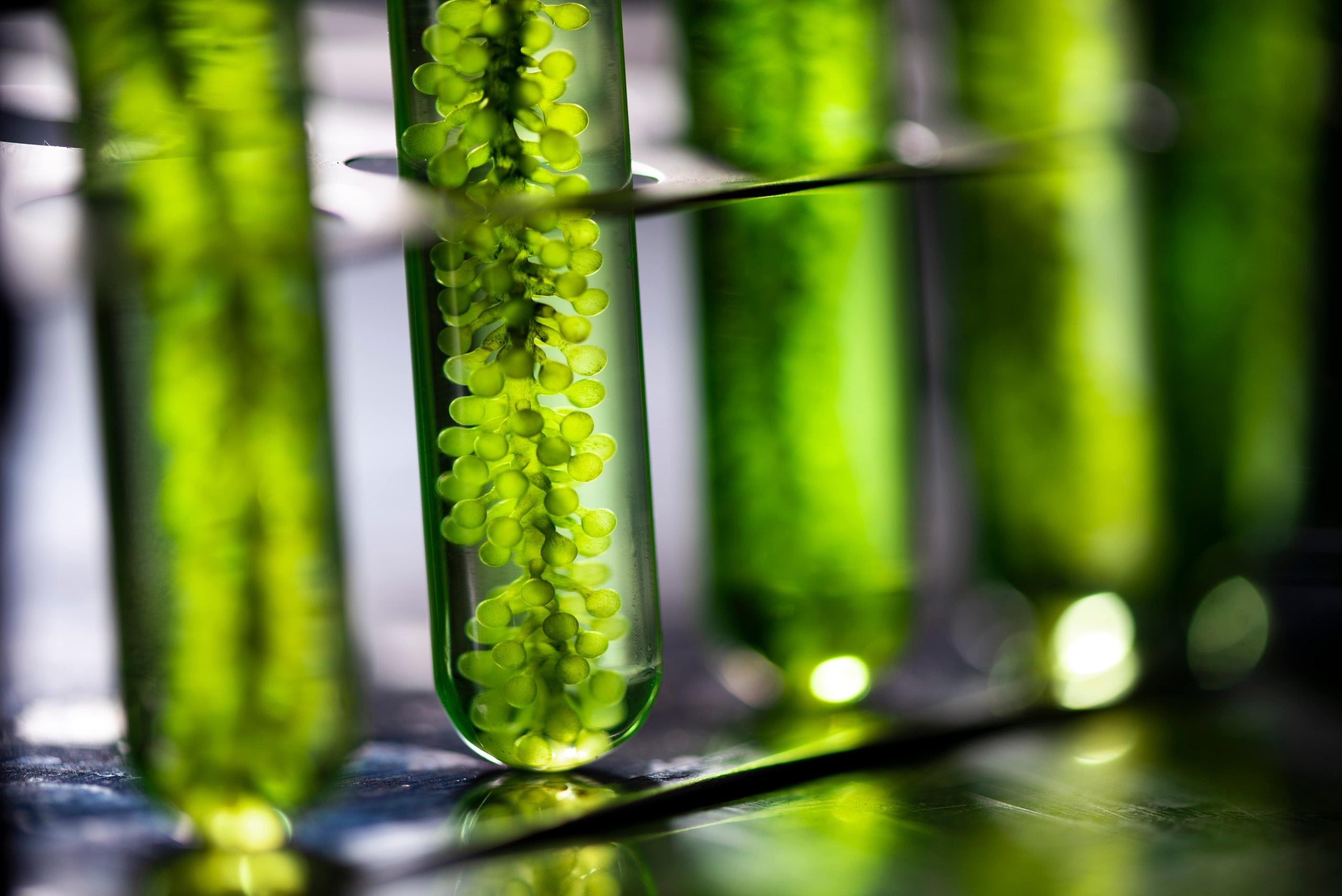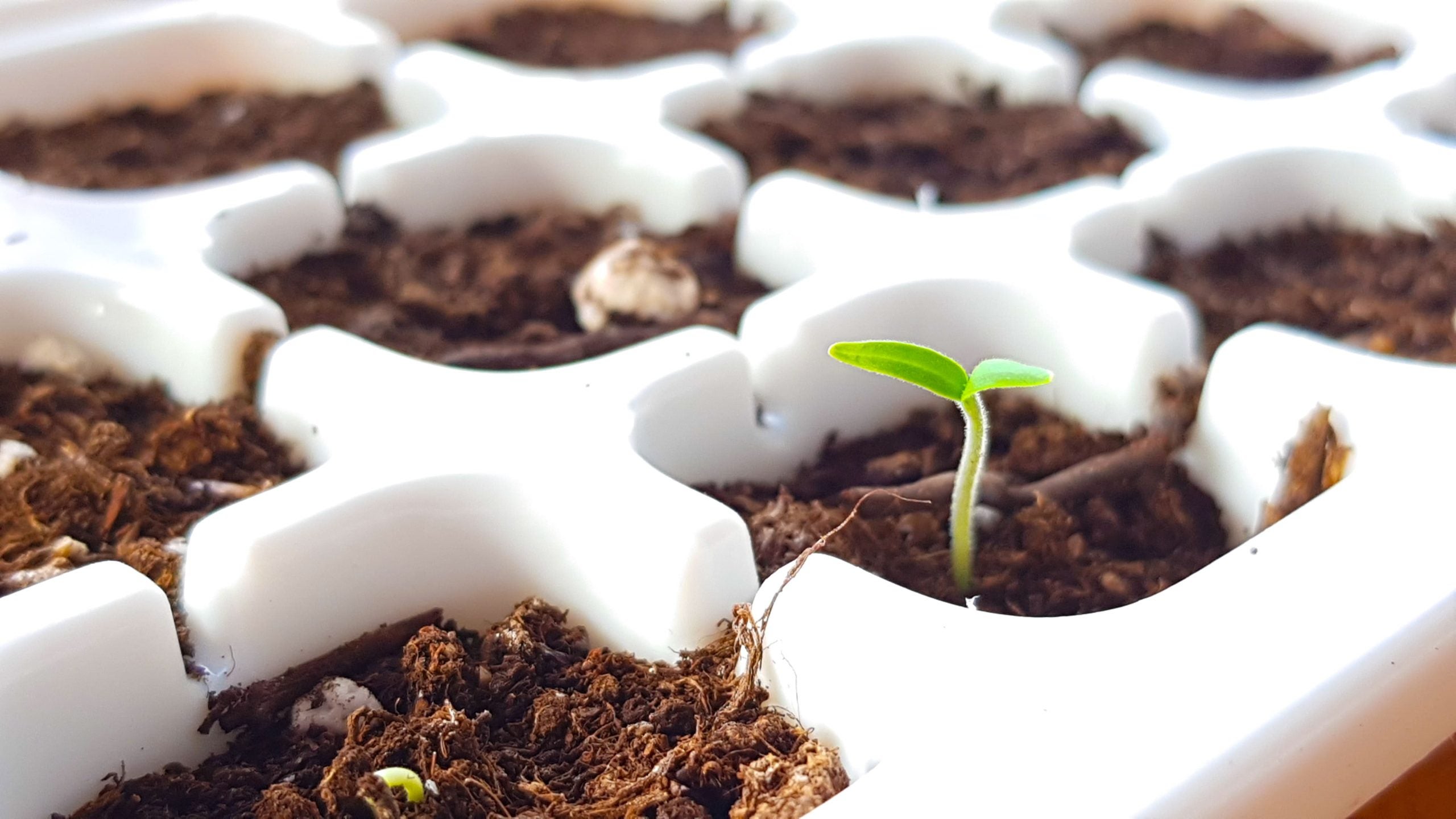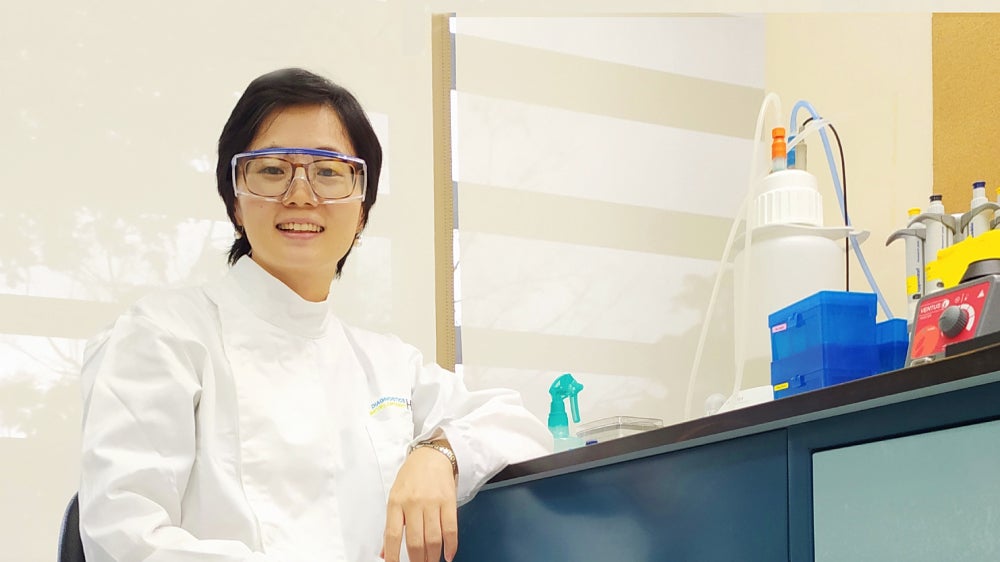Department
Biological Sciences
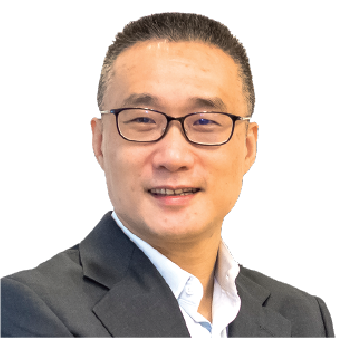
Prof Yu Hao
Head of Department

Prof Yu Hao
Head of Department
Biological Sciences

Prof Yu Hao
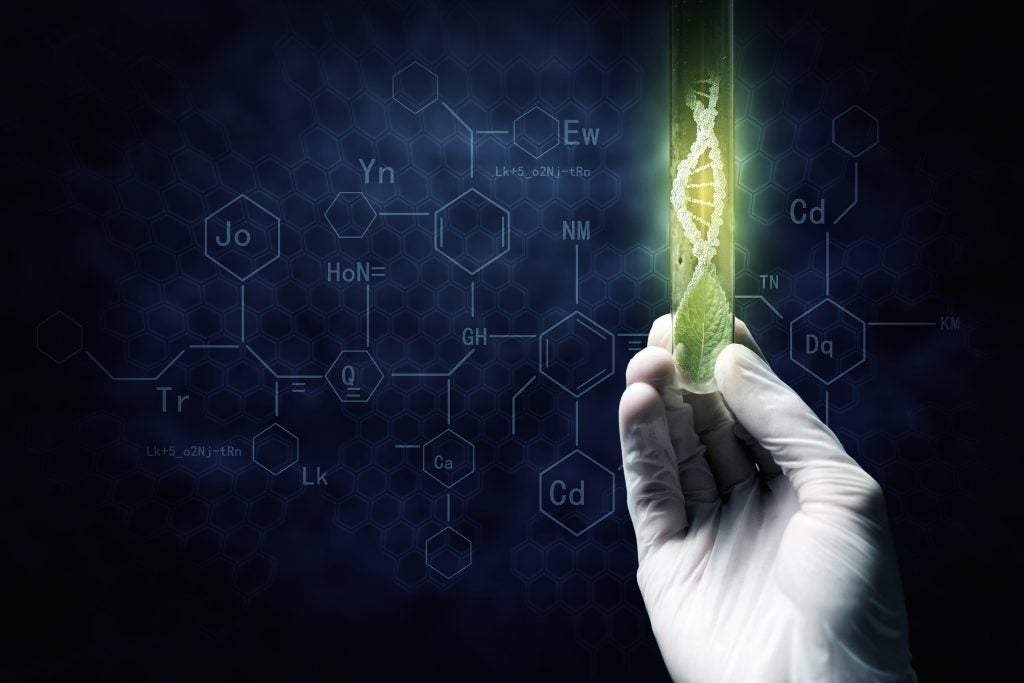
Shaping Future Talent
The Department of Biological Sciences’ undergraduate curriculum in Life Sciences enters a new phase this year, with enhanced emphasis on interdisciplinary education under the College of Humanities and Sciences. Our newly crafted gateway module for Life Sciences explores biological challenges faced by humankind today and how solutions are developed. The revised major includes a compulsory research project placement to strengthen the connection between knowledge and application. The Bachelor of Environmental Studies programme was also elevated to a Cross-Disciplinary Programme.
We will launch two new Master of Science (MSc) by Coursework programmes this year. The MSc in Biotechnology and MSc in Biodiversity Conservation and Nature-based Climate Solutions will train future leaders in biotechnology, food security and sustainability, as well as climate change.
Shaping Future Solutions
Our work closely supports Singapore’s Research, Innovation and Enterprise (RIE) 2025 roadmap in Human Health and Potential, Urban Solutions and Sustainability, and Smart Nation and Digital Economy.
We published more than 300 papers, many in top journals. A paper in the Proceedings of the National Academy of Sciences (May 2021) by Assoc Prof LOW Boon Chuan and Prof J SIVARAMAN and their team outlined the structure of the ‘RhoGAP BCH domain’ in proteins. The BCH domain, first discovered by Assoc Prof Low in 1999, is a versatile, pluripotent and functional scaffold domain that controls various properties in heart cells, cancer cells and neurons, with far-reaching impacts in many areas of disease.
A paper in Nature Communications (June 2021) by Asst Prof LAU On Sun’s team showed how light triggers the production of stomatal pores on the leaf surface, a process critical for carbon uptake and fitness of plants. The team found a secreted peptide underlying the regulation. The findings could help improve plant vigour in diverse growing conditions.

Vaccines against fish diseases
Prof YANG Daiwen in collaboration with Temasek Life Sciences Laboratory (TLL) will develop vaccines against fish diseases that can be administered orally or via immersion of the fish larvae and fingerlings. The vaccine development strategies could bring about long-term economic and societal benefits by increasing the sustainability of local fish-farming industries. This work is funded by a $1.6 million grant.

A helping hand from black soldier flies
Asst Prof Nalini PUNIAMOORTHY is developing a blueprint to integrate food waste management and sustainable food production using black soldier fly bioconversion. The larvae break down food waste and transform it into a sustainable high-protein feed ingredient for poultry and aquaculture diets, an innovative way to upcycle food waste into food production. This work is funded by a $4.2 million grant.
Shaping Future Society
Food security is a major global challenge, making land- and resource-scarce Singapore vulnerable to food supply disruptions. We are actively involved in food security research, with grants from the Singapore Food Story R&D Programme and the National Research Foundation Singapore (NRF).
Genetically improving indoor farming crops
A $4.8 million grant led by Prof YU Hao in collaboration with TLL will allow the creation of indoor farming crops using novel breeding technologies, such as genomic selection of complex traits and targeted modification of specific genes known to affect key plant traits. We could look forward to novel leafy vegetable varieties with enhanced yield and nutritional values, and the development of efficient breeding strategies for urban farming systems.
Advocating for action on climate change
The Centre for Nature-based Climate Solutions, headed by Prof KOH Lian Pin, is a focal point for research, thought leadership and education on nature-based climate solutions in the Asia Pacific region. Its collaborative projects with stakeholders to tackle climate change include working closely with educators on programmes and webinars to bring cutting-edge science to communities. The Centre also supports future solutions, including the use of conservation technology, mentorship at accelerator SustaintechX and partnership support of the $10 million XPrize Rainforest Competition.
